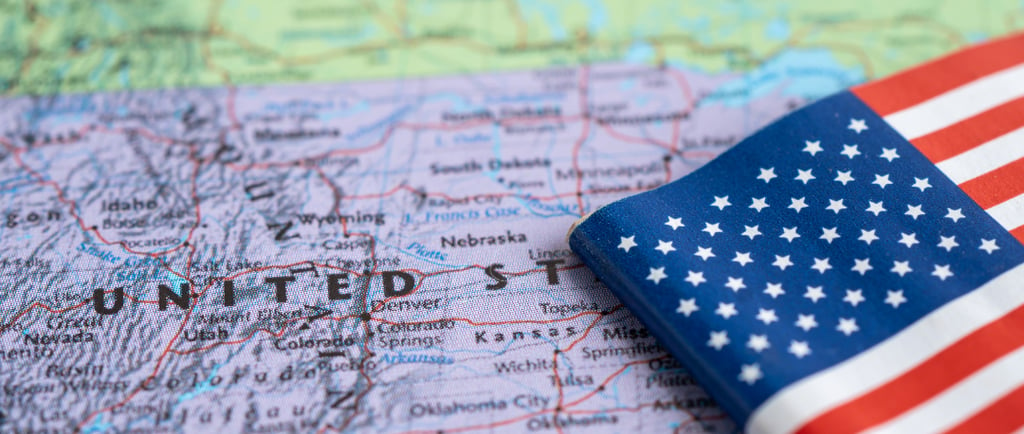A Deep Dive into Cannabis Legalization in the USA
8/27/20242 min read


A Deep Dive into Cannabis Legalization in the USA
The United States presents a fascinating and complex case study in cannabis legalization, with a patchwork of state laws conflicting with federal prohibition. This intricate landscape poses unique challenges and opportunities for individuals, businesses, and policymakers alike.
A Contradictory Landscape: Federal Prohibition vs. State Legalization
Cannabis remains a Schedule I drug under the federal Controlled Substances Act (CSA) of 1970, classifying it as having a high potential for abuse, no currently accepted medical use, and a lack of accepted safety for use under medical supervision5. This classification effectively prohibits the possession, cultivation, and distribution of cannabis at the federal level.
However, individual states have increasingly asserted their autonomy, legalizing cannabis for medical and/or recreational use despite federal prohibition. As of May 2022, 38 states have legalized medical marijuana, while 19 states and the District of Columbia have legalized recreational cannabis6. This discrepancy between state and federal law creates a complex regulatory environment, with businesses navigating a patchwork of regulations and facing obstacles such as limited access to banking services.
State-Level Innovations: Models for Legalization
Despite the challenges, states have implemented innovative approaches to cannabis legalization. California's Medicinal and Adult-Use Cannabis Regulatory and Safety Act (MAUCRSA) and the Department of Cannabis Control (DCC) Regulations provide a comprehensive framework for regulating the cultivation, production, sale, and consumption of cannabis78. Colorado's Constitution, specifically Title 44 (Revenue), Article 10, outlines detailed licensing procedures for various medical marijuana businesses910. These state-level models provide valuable insights for other jurisdictions considering cannabis legalization.
Economic Impact and Social Justice Considerations
Cannabis legalization has had a significant economic impact in states that have embraced it. The industry has created jobs, generated tax revenue, and boosted local economies. However, it's crucial to address social justice concerns, ensuring that communities disproportionately affected by the war on drugs benefit from the economic opportunities created by legalization.
The Path Forward: Navigating Federal Obstacles
The lack of federal legalization continues to pose challenges for the U.S. cannabis industry. Federal restrictions limit access to banking services, hinder interstate commerce, and create legal uncertainties for businesses operating in the cannabis space. Advocates for federal legalization argue that it would streamline regulations, address social equity concerns, and allow the U.S. to fully capitalize on the economic potential of the cannabis industry.
The U.S. cannabis landscape is in constant flux, with ongoing debates and evolving regulations. The future of cannabis in the U.S. hinges on navigating the complex interplay between state and federal laws and finding solutions that balance public health, economic development, and social justice considerations.
